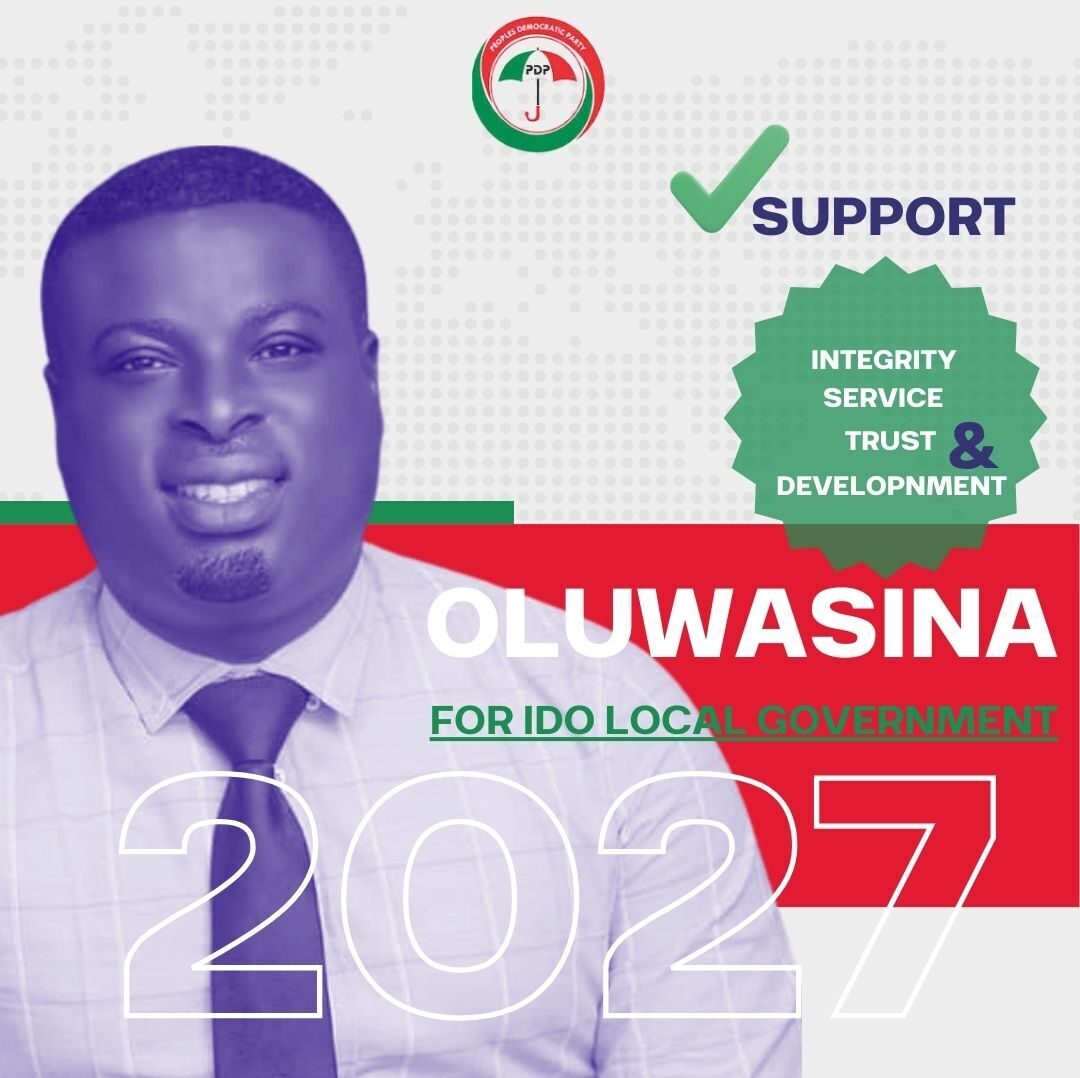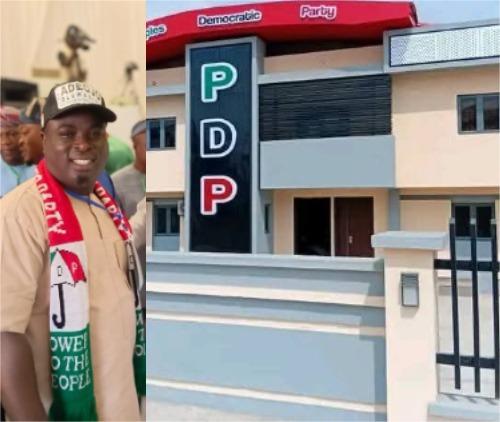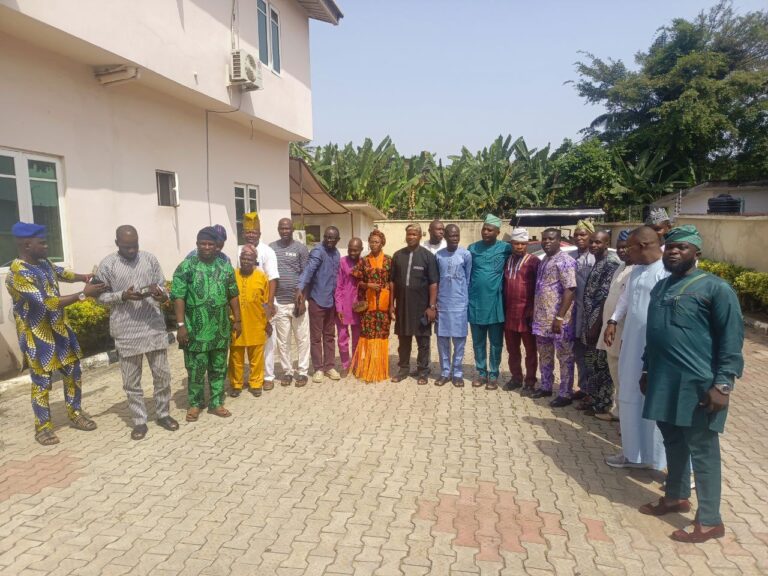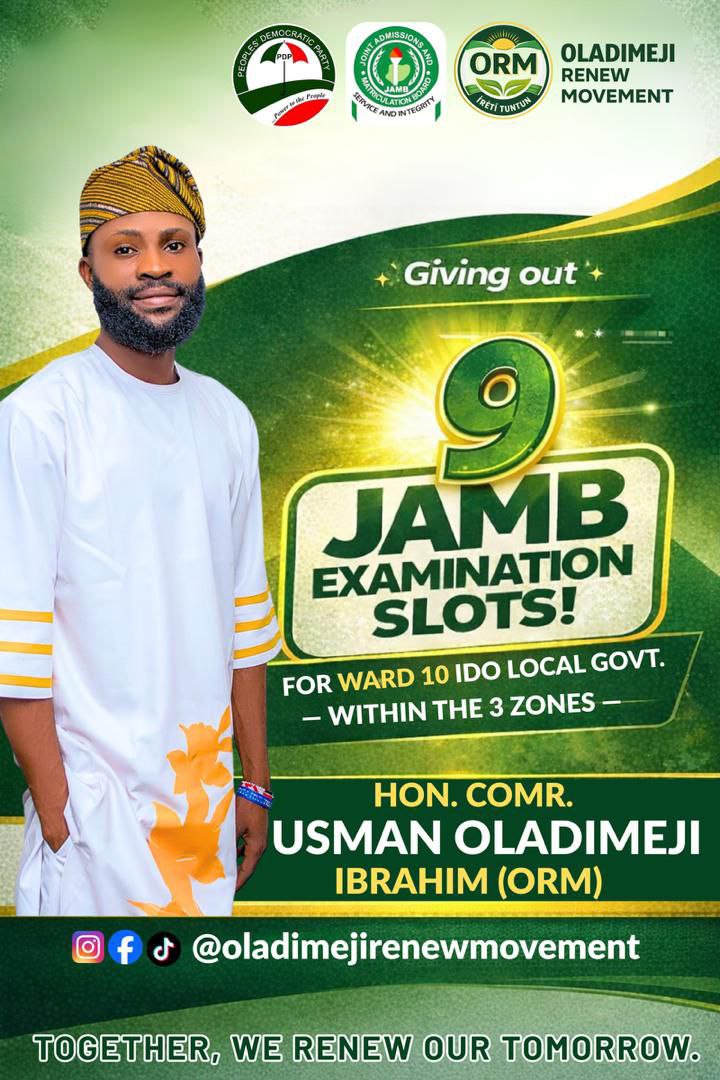
A fresh crisis appears to be unfolding within the Labour Party as the Julius Abure-led faction has given its 2023 presidential candidate, Mr. Peter Obi, a 48-hour ultimatum to resign from the party following his involvement in a newly formed political coalition under the African Democratic Congress (ADC).
Obi, who was the flagbearer of the Labour Party during the 2023 general elections, was formally unveiled on Wednesday as a leading figure in the new opposition alliance, which also features political heavyweights such as former Vice President Atiku Abubakar, former Senate President David Mark, ex-Kaduna State Governor Nasir El-Rufai, and former Osun State Governor Rauf Aregbesola.
The coalition, launched in Abuja at the Shehu Musa Yar’Adua Centre, is being described as a third-force political movement designed to challenge President Bola Ahmed Tinubu’s All Progressives Congress (APC) in the 2027 general elections. David Mark was named interim National Chairman of the coalition, while Aregbesola was announced as interim Secretary, signaling the seriousness of the political realignment.
But the development has now triggered a wave of internal rebellion within the Labour Party. In a statement issued on Thursday in Abuja, Labour Party’s National Publicity Secretary, Mr. Obiora Ifoh, declared that the party has no affiliation with the ADC-led coalition and warned Obi to formally resign his membership or face possible sanctions.
According to Ifoh, “We are aware of several nocturnal meetings between Peter Obi and some of our members, lobbying them to join him in his new party. We’re also aware that a number of them have refused to defect with him.”
He described the emerging opposition alliance as “a gathering of power mongers,” and accused Obi of attempting to manipulate loyal members of the Labour Party into defecting. He said the party would not tolerate any member involved in what he termed a “dual agenda” or “deceptive political behaviour.”
Ifoh added, “Labour Party has consistently said it is not part of the coalition and therefore, any of our members who is part of the coalition is given within 48 hours to formally resign his membership of the party. We are not running a parallel agenda with any recycled coalition.”
He dismissed Obi’s popular “New Nigeria” mantra as hollow and misleading, saying the future of the country lies with a disciplined, youth-driven, and independent Labour Party.
“Nearly 70 percent of the Nigerian population are youths who are tired of the old order. The new Nigeria of our dream can only be realised through Labour Party — not through recycled, desperate, and frustrated politicians seeking relevance,” he said.
The strongly worded statement reflects growing tensions between Peter Obi and the party leadership that once backed his presidential bid. While Obi has not officially declared his exit from the Labour Party, his public involvement in the opposition coalition has raised concerns about where his true political allegiance now lies.
Sources close to the party hint that some Labour Party stakeholders feel blindsided by Obi’s sudden realignment, especially as he remains the party’s most prominent figure and the face of its unexpected success in the 2023 election, where he finished third, ahead of the People’s Democratic Party in some major regions.
The internal rift may now test the durability and unity of the Labour Party, which surged to national prominence during the last election cycle, largely due to Obi’s popularity and his widespread youth appeal under the “Obedient” movement.
Political observers believe the ultimatum marks a turning point for both Peter Obi and the Labour Party. If Obi resigns, it would not only redefine his political future under the ADC-led coalition but also leave the Labour Party without its most recognizable figure. On the other hand, if he remains defiant, it could trigger a full-scale crisis and possibly lead to a splintering of the party.
Meanwhile, members of the newly formed coalition say their mission is to unite credible political actors across ideological lines to rescue Nigeria from what they describe as years of economic hardship, insecurity, and poor governance under the APC.
They argue that with growing dissatisfaction across the country, now is the time to build a powerful alternative platform capable of defeating the incumbent government in 2027.
As the 48-hour deadline ticks away, political watchers across the country are observing closely, awaiting Obi’s next move — one that could either cement his break with the Labour Party or plunge the party deeper into internal conflict.
Either way, one thing is certain: Nigeria’s political landscape is beginning to shift significantly ahead of 2027.





